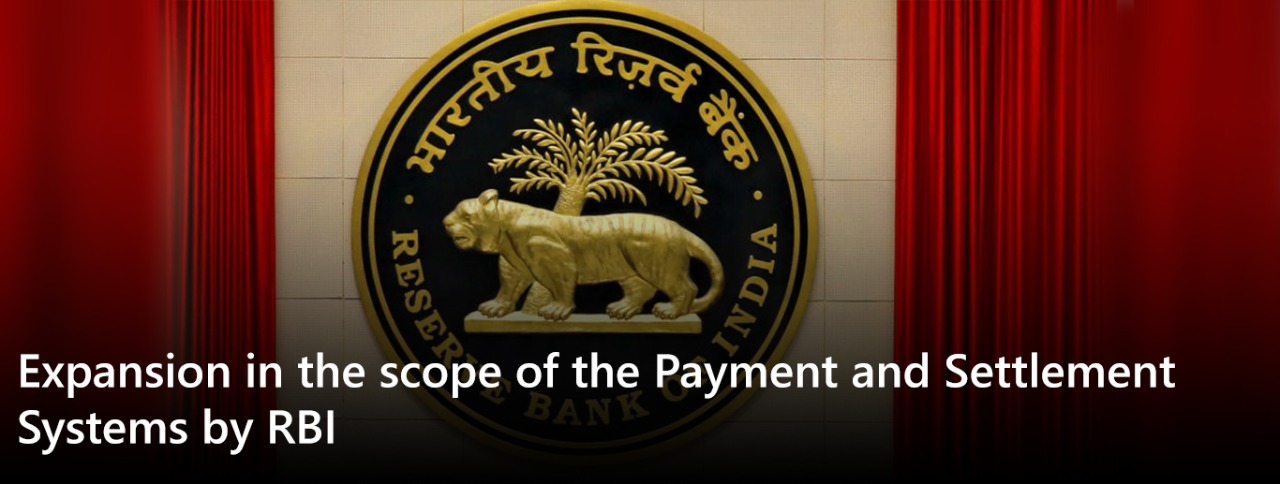UPDATE
Dec 23, 2022, 12.45 PM
Mr. Shaktikanta Das, the Governor of the Reserve Bank of India [“RBI”] on 07.12.2022 announced that the RBI’s Monetary Policy Committee [“MPC”] after assessing and deliberating the present macroeconomic situation has, inter alia taken, announced welcoming regulatory policy measures relating to the Payment and Settlement System, which are more particularly elaborated hereinbelow:
1 Processing Mandates with Single-Block-and-Multiple-Debits in Unified Payments Interface [“UPI”]
It cannot be gainsaid that UPIhas emerged and gained immense popularity as a retail payments system for effecting Person to Person and Person to Merchant transactions. Presently, UPI includes features to process mandates for recurring transactions and single-block-and-single-debit transactions. As a corollary, more than 70 lakh autopay mandates are being carried out in a month. Infact, interestingly, more than half of Initial Public Offer applications are processed using the block feature of UPI.

Mr. Shaktikanta Das, the Governor of the Reserve Bank of India [“RBI”] on 07.12.2022 announced that the RBI’s Monetary Policy Committee [“MPC”]
Considering the wide usage and potential of such block feature of UPI, the MPC has introduced the single-block-and-multiple-debits functionality. Such a feature would enable a customer to create a payment mandate against a merchant by blocking funds in the bank account for specific purposesso that the same can be debited at the time of need.According to the RBI, the same would go a long way to aid in hotel bookings, transactions in the e-commerce space and making payments for investments in securities in the secondary capital market and even for government securities using the RBI’s Retail Direct scheme, e-commerce transactions etc.
This positive development will further contribute in curating a space of higher degree of trust inthe UPI transactions as the merchants will be assured of timely payments, while the funds will continue to remain in the customer’s account till actual delivery of goods or services.
2 Improvements in the scope of Bharat Bill Payment System (BBPS)
Bharat Bill Payment System [“BBPS”], a platform launched in 2017 has been operated by NPCI Bharat BillPay Ltd. (NBBL), to facilitate the bill payment needs of consumers and billers alike.
Since its launch, the RBI has introduced various improvements in the BBPS such as incorporating all categories of billers who raise recurring bills, facilitating cross-border bill payments, reducing the eligibility criteria for Operating Units etc. Even though the number and quantum of transactions handled on the platform has been increasing, BBPS presently does not cater to non-recurring bill payments or bill payments/collections of individuals such as payment of fees for professional services, education fees, tax payments, rent collections etc., even if they are recurring in nature. As a consequence, some categories of payments / collections still continue to remain outside the ambit of the BBPS.
It is in this backdrop that the RBI has decided to develop and expand the scope of BBPS so as to include all categories of payments and collections, both recurring and non-recurring in nature. This measure will further make BBPS accessible to both, individuals and businesses thereby benefitting them with the transparent and uniform payments experience, faster access to funds and improved efficiency.
The success and outreach of the UPI and BBPS is undeniable and infact, they haveemerged as one of the most popular and desired retail payment systems in India. In the third quarter of this year, India has logged 23.06 bn transactions amounting to Rs 38.3 lakh crore in the digital payments. Therefore, the measures introduced by the RBI with respect to the ecosystem of digital payments in India, will effectively contribute towards establishing India as a cashless economy.The announcements made by the RBI with respect to the UPI payments and BBPS are definitely encouraging and a welcome development in the ecosystem of digital payments especially for services such as hotels, education fees, rent payments, tax payments etc.
Author
Mr.Waseem Pangarkar - Senior Partner - MZM LEGAL LLP
UP NEXT
Read Next